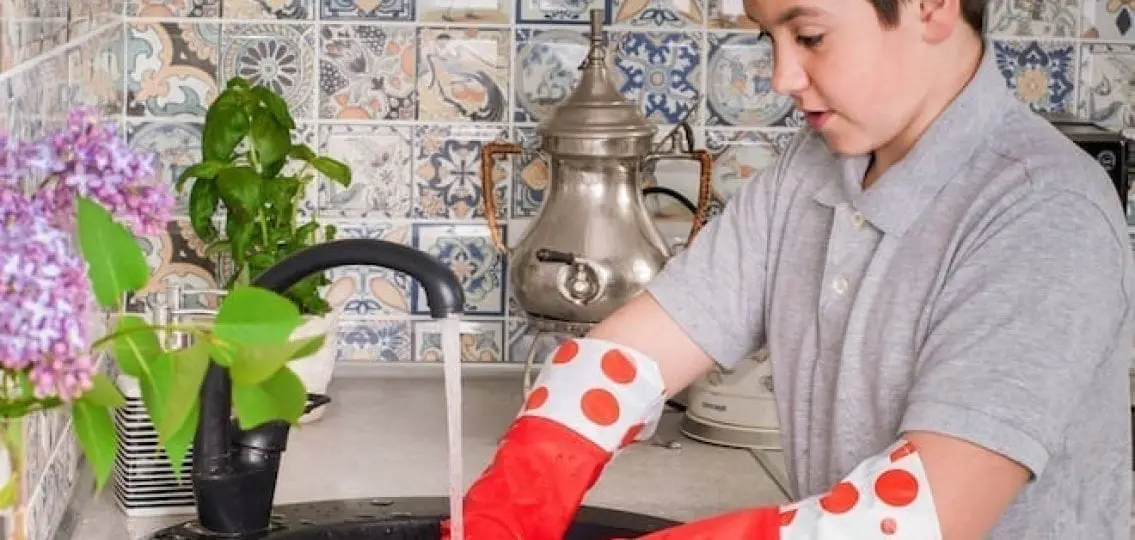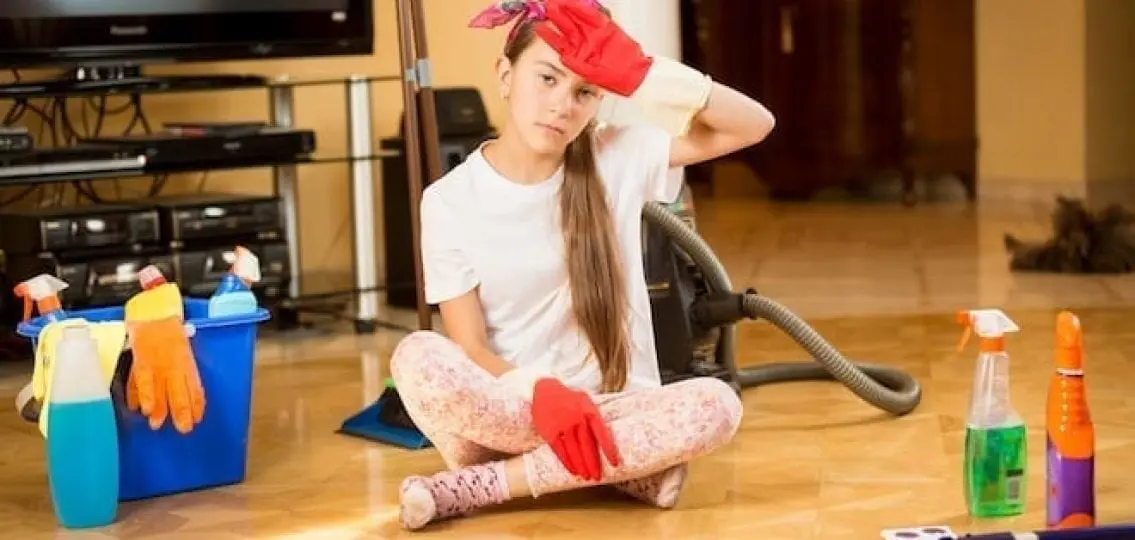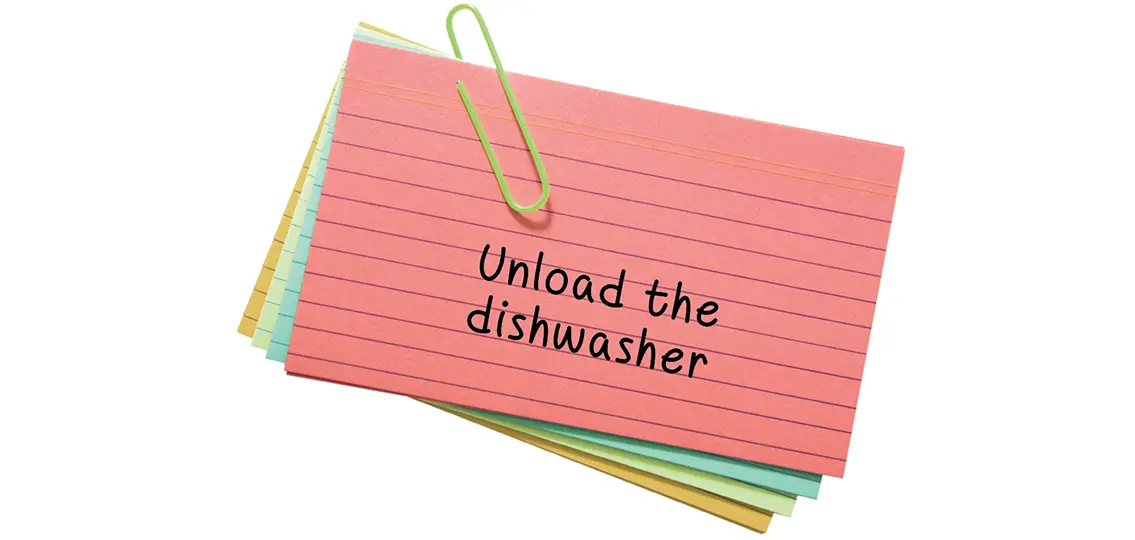Sometimes getting your teen to start a new habit can be difficult. Our three experts offer ideas for how to introduce habits that will help families and teens develop and stick with routines so they can take care of business.

A Habit-Forming Card Game
If your teens don’t want to change their chore habits, Julie Morgenstern, an organizational expert and author of Time to Parent: Organizing Your Life to Bring Out the Best in Your Child and You, advocates putting your cards on the table—literally. Instead of a top-down approach, collaborate with teens to spur them to take on a more responsible role.
Gather the family, and try the following:
- Make a separate index card for each task and chore involved in the running and maintaining of your household, whether it be pet care, cooking, setting the table, etc.
- Categorize the cards by who does what, which creates a visual of how evenly (or unevenly) labor is divided.
- Re-divide and conquer. Once you see how labor is currently divided, lay all the cards back in the middle of the table. These are the family’s tasks, not just one person’s. Discuss whether all the chores are necessary, then brainstorm how to streamline the remainder, allowing everyone to choose the things they can commit to doing. Discuss what’s left and how to handle it. Everyone should be clear on who does what and when.
Get Buy In
James Clear, author of Atomic Habits, suggest these simple ideas for how to start a habit:
1. Make the habit attractive
Consider your teenager’s personality. Would pretty only-for-homework pens make them more likely to do their homework? Would their own choice of shampoo make them more likely to shower every day?
2. Make it easy
Set up your home environment for success—for teenagers, maybe that means designating a quiet spot for homework or installing a coat hook near the door instead of hoping that your kid will use a hanger in the coat closet.
3. Don’t turn success into a conflict
Lavishly praising your teen for new habits might get an eye roll (or worse, rebellion). Consider a subtler approach that acknowledges the new benefits. “Hey, I’ve noticed you have time for eggs and time to cuddle with the dog now that you’ve stopped hitting the snooze. That must be nice.” If you suspect even this will irritate your teenager, just say nothing.
The Three Ps of Forming Habits
KJ Dell’Antonia, author of How to Be a Happier Parent, says it’s never too late to start the chores habit.
Try her tips:
1. Pairing
Pair regular chores with a repeated activity, such as one to be done as soon as you get downstairs in the morning, one right before dinner, and/or one after dinner. Tying a chore to something that already happens makes it much easier to remember.
2. Practice
If we want a habit to stick, we need to practice regularly. Dell’Antonia found that parents who were happiest about the ways their children contributed to the running of the house didn’t assign daily chores, weekly chores, or even monthly chores. They assigned a chore for a year, such as laundry, setting the table, or dishwasher unloading. If a year is too long, try quarterly chore rotations, says Dell’Antonia.
3. Patience
Dell’Antonia was reassured by other parents who needed to remind their teens about chores. “It’s important to separate two goals—that our children do the work, and that they remember to do the work without prompting,” she says. “Both are great, but it’s getting the job done consistently that really matters.” In fact, accepting certain things when creating a chore habit—this takes time, my children are going to whine, we are going to need to remind them about their chores—made her a happier parent.





